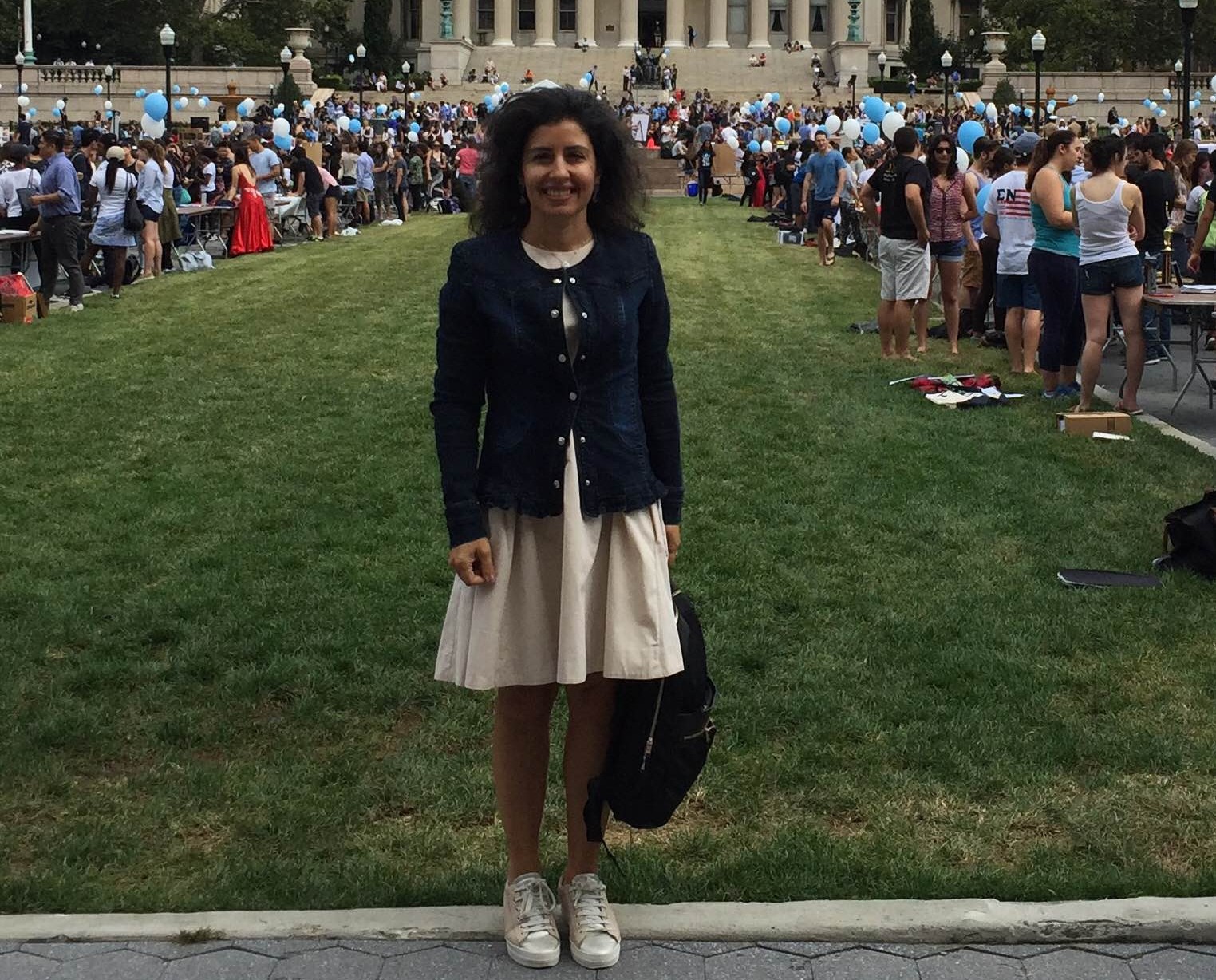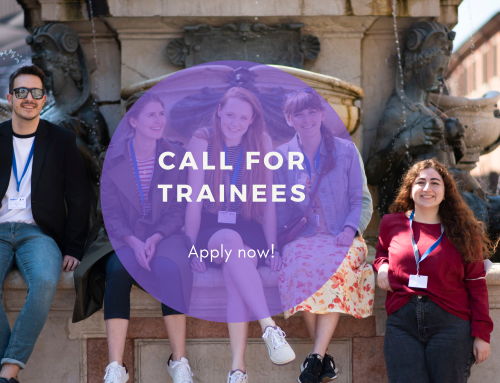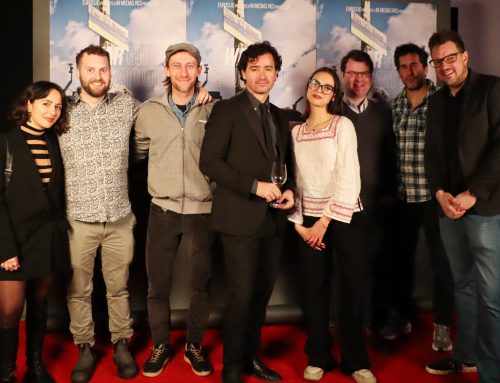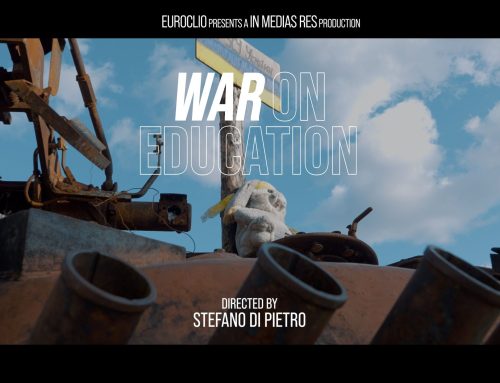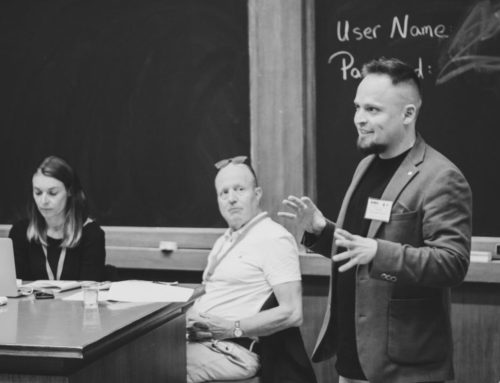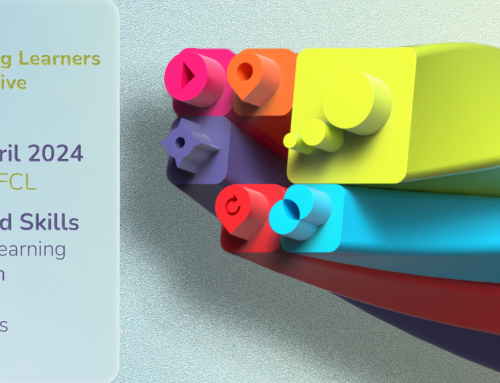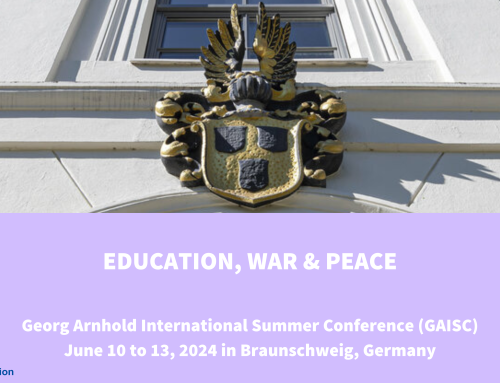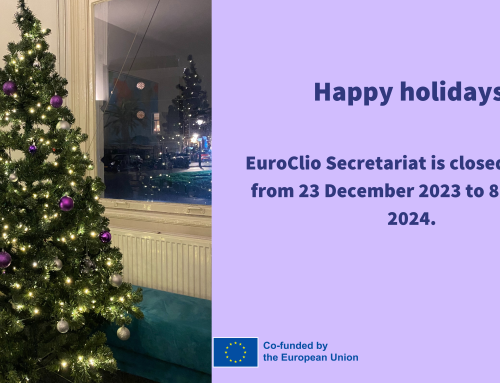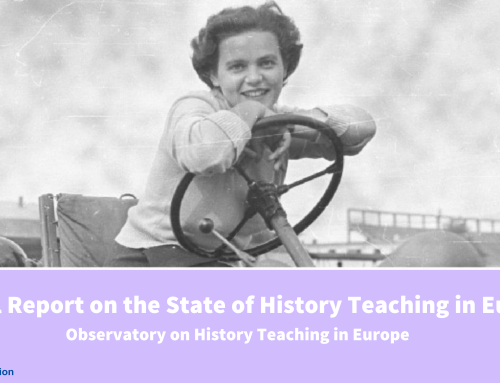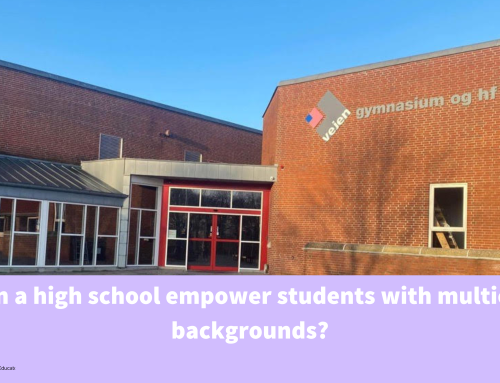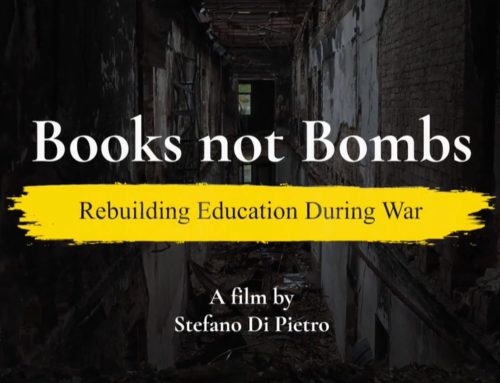My fellowship at the Alliance for Historical Dialogue and Accountability at Columbia University is one of those long-impact experiences that enriches one’s career and broadens its spectrum. I was fortunate to be a member of the AHDA 2015 group of fellows and to live through an intense journey of learning with eleven colleagues from different countries of the world, including Bosnia, Kosovo, Georgia, Poland, Sri Lanka, Uganda, South Africa, Burundi, Turkey, Syria and Lebanon. It was a discovery into the similarities of human life and social dynamics in our respective countries. After all, what is similar between Lebanon and Sri Lanka, or South Africa or Kosovo? And how from our different corners of the world, we can ally to improve our understanding of our histories and work towards a more peaceful world?
The program included workshops, networking opportunities, site visits, cultural events and academic courses. Yet, what I valued most of all was the exchange within our small group of reflective professionals coming from what one can describe as ‘post-conflict’ or ‘conflict’ societies, and although our countries have received much front media exposure in the last forty years, we discovered how much we could learn from each other about what took place and how people deal with war and post war. We brought with us in-depth insights into some of the most difficult conflicts in the past century making us realize that conflict is a universal phenomenon with similar roots and patterns across the world, and that we could learn from each other as we plan initiatives for historical dialogue and accountability. I encourage all future AHDA fellows to come prepared for new friendships and interesting collegiality.
The workshops program aims on one hand to reach a common understanding among fellows of what is historical dialogue, its scope and aims; on the other hand, to equip fellows with skills that they may need to design and implement historical dialogue projects in their respective countries so we were exposed to digital humanities, oral history techniques, project design and assessment, proposal writing, and funding opportunities. Depending on our professional background, we were able to choose our area of focus and the workshops that are of benefit to us as individuals so some of us focused on commemoration, others on transitional justice, and others chose to work on dialogue or even on individual and collective trauma. The networking opportunities in New York and Washington D.C. helped us connect with organizations and professionals relevant to our respective fields of work. To benefit most of this important area, future fellows need to conduct research ahead of time to identify the organizations and individuals most relevant to their field of work.
Being at Columbia and having the opportunity to join courses and attend all cultural events turned out to be a very enriching and stimulating experience. The university is a dynamic and vibrant environment where each one of us found opportunities to think, learn and share through conferences, speeches, films, presentations and all other types of events. The AHDA Conference in particular is a major international event that future fellows should not miss as an opportunity to exchange and network with a big number of professionals in the field.
When reflecting on my AHDA fellowship, I think that it came at the right time of my professional career. I carried with me twenty years in the field of history education, the journey of the establishment of the Lebanese Association for History (LAH) and taking an active part in Lebanon’s civil society. This journey started when I met a few colleagues at a EuroClio conference in Antalya, Turkey back in 2012 where we agreed on establishing an organization to support history educators in Lebanon. The four months that I lived at Columbia helped me take a stance to reflect on my work and give it new direction. It also helped me place our work at LAH within a global context to which we can contribute and from which we can learn a lot. By taking an active role in Lebanon’s civil society, becoming a member of EuroClio’s network of organizations and partnering with history teachers’ organizations from other countries, LAH’s role in the international network working towards a more responsible approach to history education was sharing up and needed direction which the AHDA fellowship provided in many ways.
Nayla Khodr Hamadeh is Project Manager at the Lebanese Association for History.

